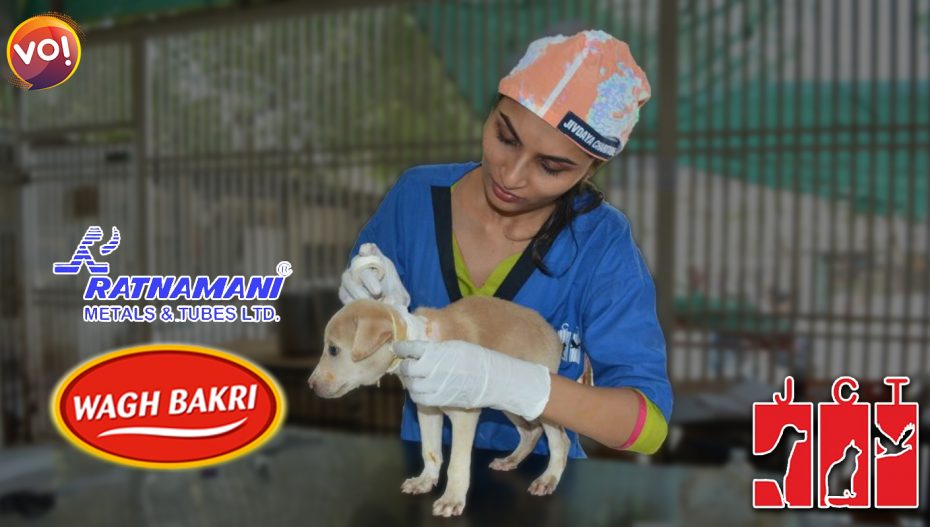Jivdaya Charitable Trust (JCT) has ended an otherwise lean financial year on a bright note, with two of Ahmedabad’s leading corporate houses donating three brand new ambulances for its animal care operations. Fully-fitted for emergency care, the three Maruti Eeco ambulances are valued at just over Rs 7 lakh each, and have been donated by the Wagh Bakri Group and Ratnamani Tubes, both of which are long-time JCT sponsors.

The pandemic years have been hard on charitable trusts like JCT, with donations slowing to a trickle. JCT operates Gujarat’s largest animal hospital and has an operating budget of Rs 25 lakh per month, of which Rs 20 lakh goes towards paying the salaries of 12 full-time veterinary doctors and support staff. To its credit, the trust has not cut back on its operations despite the tight financial situation. “We have had to fund recurring expenses through our savings in the past two years of the pandemic, but we expect things to improve now,” says Kartik Shastri, member of the JCT Board of Trustees.
JCT’s busiest time is in the month of January, during the Uttarayan Festival, when kite-flying injures large numbers of birds. This year too, over 5,000 injured birds were brought in for treatment, and the total costs were in excess of Rs 18 lakh. As a result, JCT’s highly experienced avian doctors are in demand all over the country for their expertise, especially when it comes to treating threatened species. Kartik Shastri, who oversees JCT’s avian work, says, “We recently received an urgent request from Jaisalmer, where a Great Indian Bustard was found injured and needed surgery. Our doctors are considered the best in this field.”

The JCT animal hospital is located in the posh heart of Ahmedabad city, in the Panjrapol campus in Ambavadi and a guided tour of the facility is fascinating. Besides a large number of pigeons, the avian section has painted storks, Demoiselle cranes, barn owls, ibises and Greylag geese, all rescued from the city’s outskirts and undergoing rehabilitation. Then are rabbits and turtles, kittens and dogs, all housed in wards. JCT now has plans to start a campus for large animals and is looking for land. “The new campus will be outside the city and will be equipped to treat camels, horses and cows,” says Sanjay Patel, General Manager, JCT.
With economic growth, Ahmedabadis have taken to pets in a big way over the past two decades. While pet shops selling pet food and accessories now abound, veterinary services have tended to lag behind. As a result, more and more people are bringing their pets to JCT, though that is not the segment the trust is meant to cater to. But the institution is not one to turn people away and has tries to accommodate those who knock on its doors. When Sanjay Patel joined JCT two years ago, JCT had only eight doctors and 55 staff. Today, it has 12 doctors and 70 staff. “Our operations have been growing annually at 20% and so have our expenses,” says Patel.
Started in 2007 by Giraben Shah, whose family owns Accumax Lab Devices Pvt Ltd, JCT specialises in treating disowned, injured animals. In its mission statement, it also aims to “inculcate feelings of compassion among urbanites for speechless creatures so as to bring a reduction in animal cruelty.” JCT provides veterinary services free of charge, though owners often make a donation (against which they can claim tax benefits under Section 80G). Several Ahmedabad companies donate to JCT under their Corporate Social Responsibility (CSR) schemes. The government has mandated that all companies set aside a portion of their annual profits for CSR.













